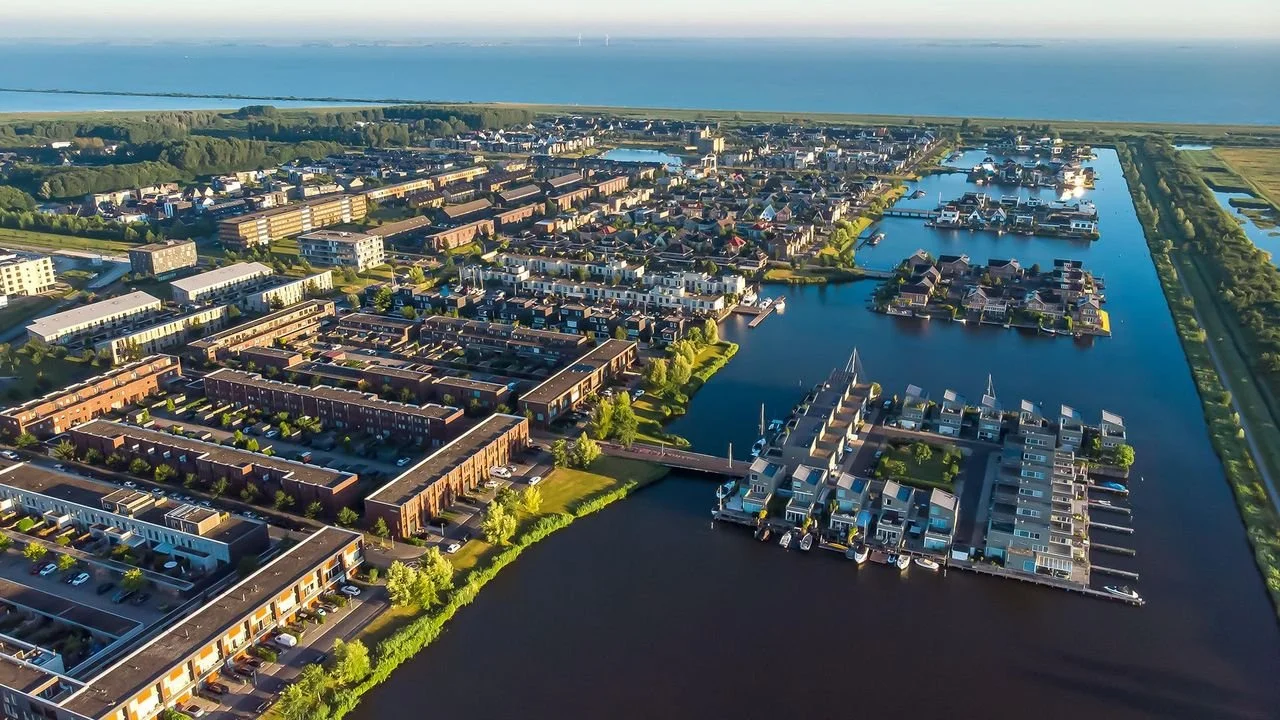Issue 138: What the City of the Future Needs
Welcome to Backstory, a weekly newsletter turning global technology shifts into a three-minute read. This week, we’re talking about Apple’s new headset. – Mary Ames, Director of Strategy
THE BIG TAKE
What the City of the Future Needs
When we think about new approaches to building the city of the future, South Africa doesn’t immediately come to mind. South Africa is buckling under a sustained power crisis forcing everyone in the country to think outside the box to find solutions. The latest suggestions include outfitting every available rooftop space in South African cities with solar panels to increase renewable energy supply. If the plan goes through, it will usher in a new approach to African urbanism that could have important ramifications far beyond the continent.
Cities that power themselves. Some of the greatest cities in history were built around principles of defense and self-sufficiency. The industrial revolution and the creation of large American metropolises challenged this idea. Rather than focus on narrow needs, urban environments became part of large networks that extended across countries. With the rise of climate change-related challenges, there is a push to return to self-sufficiency in urban thinking. The South African urban solar idea demonstrates this shift in action.
Opportunities for the Gulf. Our moment is full of opportunities for urbanism in the Gulf. With Saudi Arabia embarking on its own city projects, such as the future city of Neom, urban thinkers have a rare chance to implement the latest ideas. Regarding energy and sustainability, the future city must focus on renewable sources woven into the fabric of the urban environment. South Africa is embracing this idea out of necessity, but Gulf cities can build this infrastructure with an eye on long-term sustainability. The future city is taking shape in the Gulf. We should all be paying close attention.
QUOTE OF THE WEEK
“Medium and small cities, those which nobody knows about, are going to grow faster in the future. Our century is about global cities.”
— Ekrem İmamoğlu, mayor of Istanbul
CHART OF THE WEEK
This week we are looking at renewable energy. As noted above, renewable energy solves myriad crises, especially in Africa and the Middle East. Africa is already leading the way when it comes to consumption.
OUR VIEWS THIS WEEK
The city of the metaverse: At last year's World Government Summit, the Dubai Municipality revealed ambitious plans to integrate the metaverse into its governance portfolio. While the concepts are still new and might sound esoteric, the metaverse is fast becoming a reality. Dubai is eager to be on the bleeding edge of this technology and is making clear strides to becoming the first city in the world to be in the metaverse. The purely human-centric city of tomorrow will have a major metaverse component. Dubai is building that before our eyes and creating a blueprint for other cities to follow. We explored Dubai’s metaverse in detail in this piece published by Xische.
The human-centric city: Urban planners have long struggled to maximize the efficiency of cities. Until recently, the happiness of city dwellers wasn’t the driving motivation for urbanists, as defense and commerce usually came first. But change is happening. The rise of connected urbanism places new emphasis on people, their health, and how cities can improve lives. With all the new technologies coming online, cities in the emerging world can now have their turn. One model for others to emulate during this shift to human-centric urbanism is Dubai. Xische has worked closely with the Dubai Municipality on its project to create a human-centric city.
SPOTTED ELSEWHERE
The politics of reading. We all love reading and are doing it more than ever. However, the rise of AI chatbots like ChatGPT and our phone time has led to a reading crisis, according to the New York Times Book Review. The paper notes that “while we binge and scroll and D.M., the robots, who are doing more and more of our writing, may also be taking over our reading.” We face many crises these days, but the reading crisis might have the deepest impact on our thinking.
Digital subscriptions are broken. How many times have you gone to cancel a digital subscription but simply can’t figure out how to do it? Sometimes the cancellation button is buried on the website, or you might even need to call to cancel. Making cancellations difficult was done by design for many digital companies, but that might be changing, according to the Wall Street Journal. Efforts are underway in the US (that would likely have ripple effects worldwide) to establish better consumer protections around cancellation. These are long overdue.















